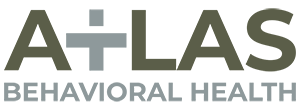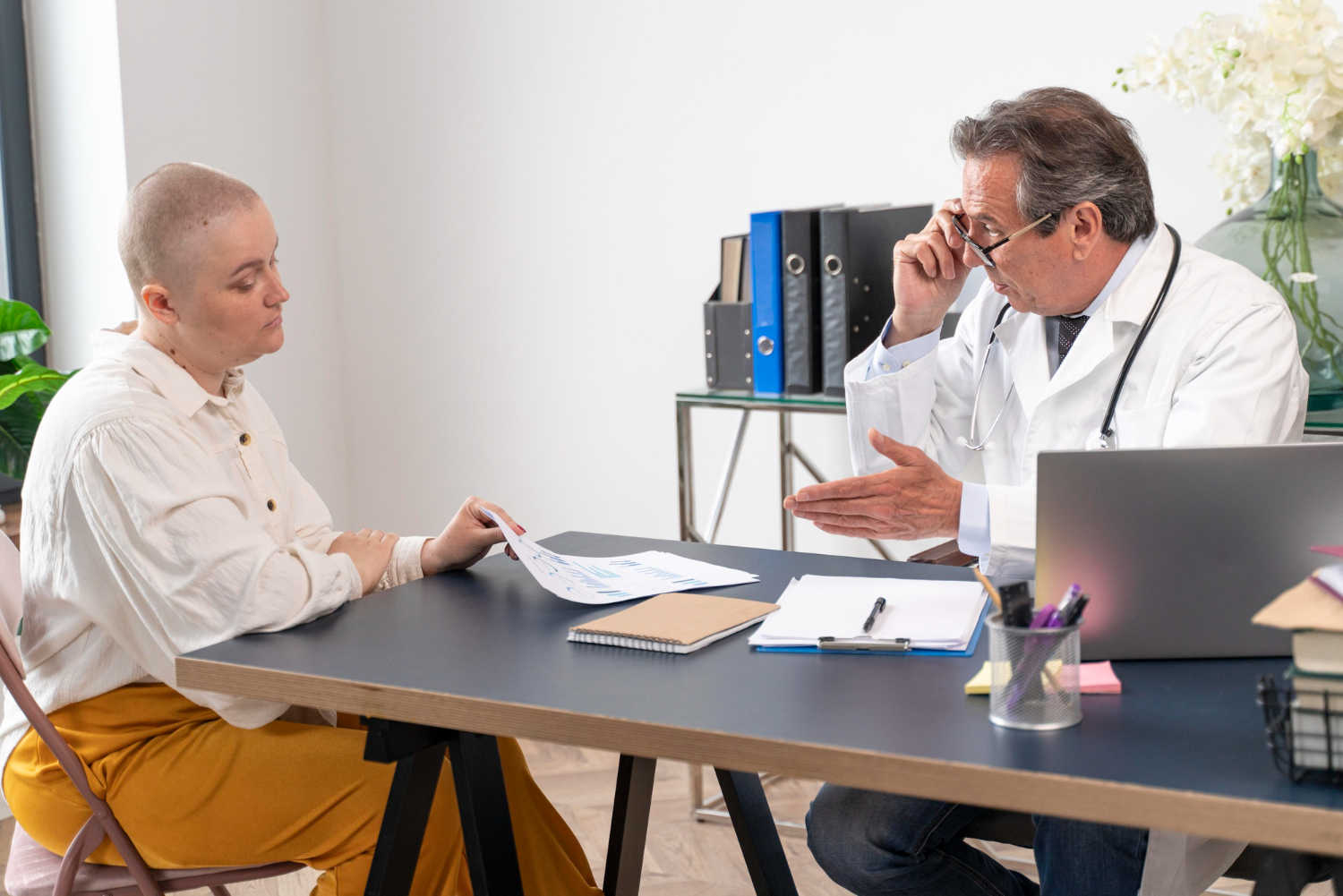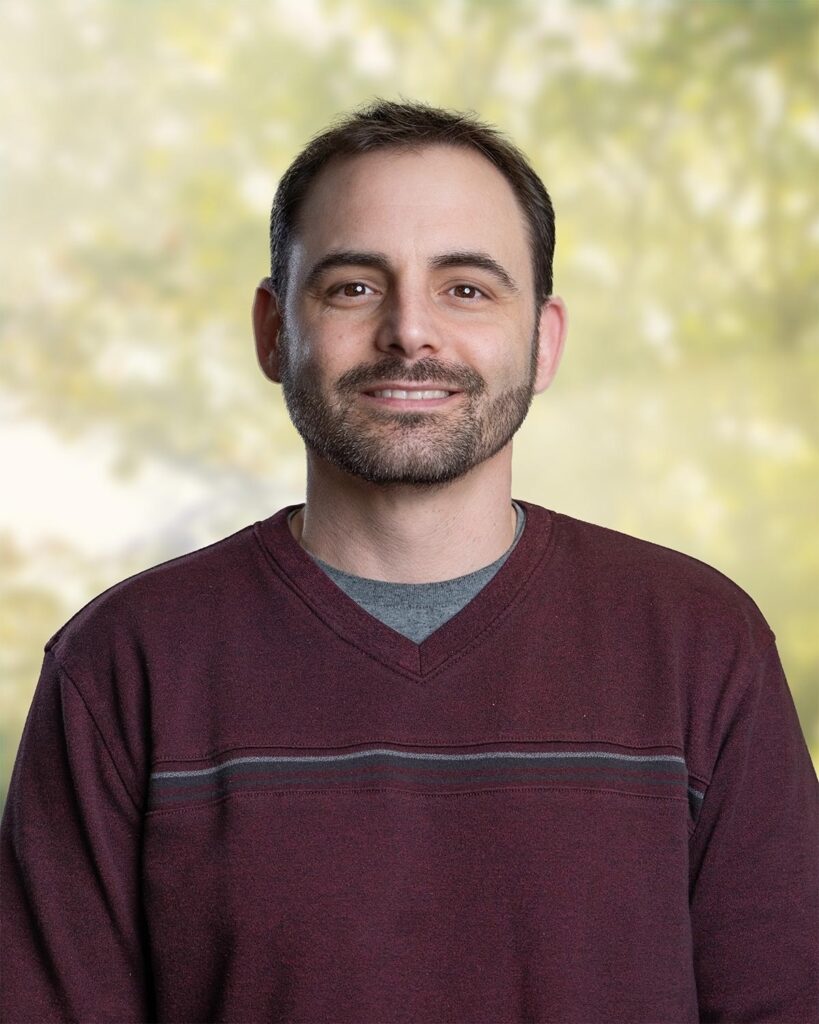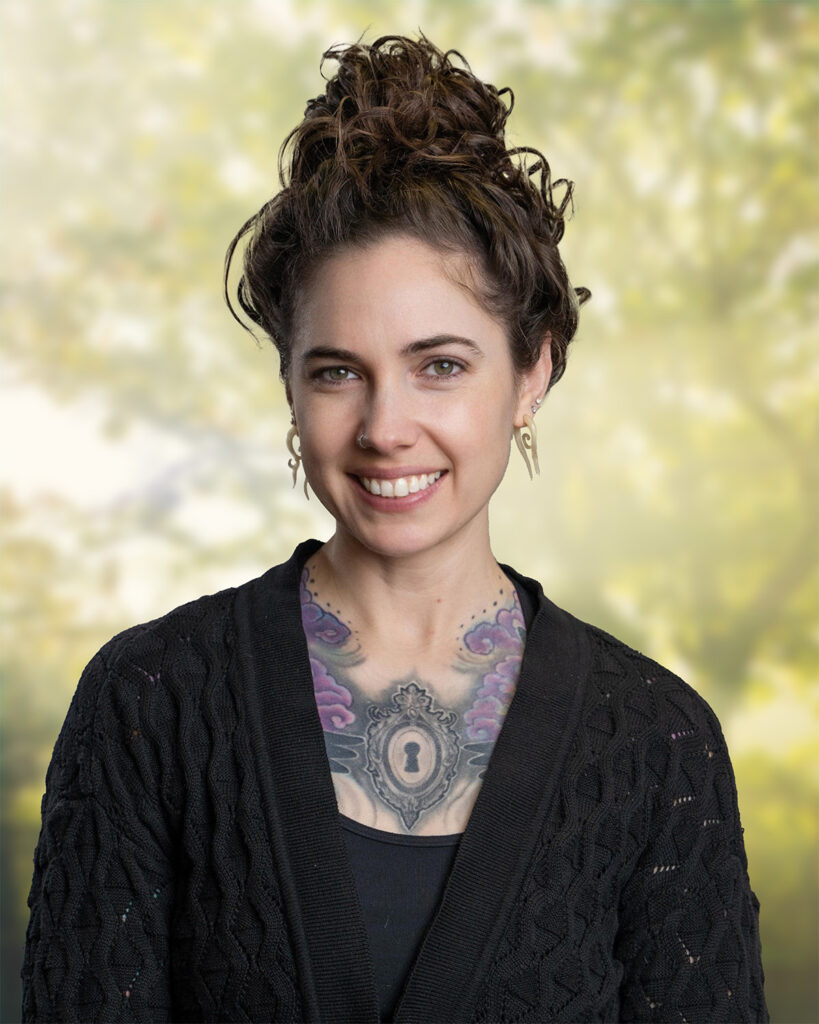Addiction is one of the most serious health problems in the world today. It affects millions of adults and their families. In 2021, over 46 million people in the U.S. had problems with drugs or alcohol.
But there is hope. With the right support, recovery is possible. Adult addiction treatment helps people rebuild their lives and create a healthier future. This guide shows what treatment is, how it helps, and why it works for recovery.
What Is Adult Addiction Treatment?
Adult addiction treatment is care designed to help adults stop harmful substance use. It also teaches healthier ways to live. Treatment can include therapy, counseling, medical care, and support groups.
Why Adults Seek Treatment
Adults often seek help when addiction harms their health, family, or work. They may feel trapped and unable to stop on their own. Addiction changes how the brain works, which makes quitting very hard. Treatment gives people the tools they need to regain control.
Different Types of Treatment Programs
- Inpatient programs – People live in a treatment center for a set time. This gives them 24/7 support.
- Outpatient programs – People attend treatment while living at home. This works well for those with strong support systems.
- Dual diagnosis programs – Many adults face both addiction and mental health struggles. These programs treat both at the same time.
Steps in the Recovery Process
Recovery is a journey. It often has many steps, and each one is important.
Detox and Withdrawal Support
The first step is detox. This means removing harmful substances from the body. Detox can be tough and sometimes dangerous. That’s why medical supervision is important. Doctors and nurses make sure people are safe and comfortable.
Therapy and Counseling
Therapy helps people understand why they used substances. It also teaches healthy ways to handle stress. Common methods include:
- Cognitive Behavioral Therapy (CBT): Teaches people to change harmful thoughts and actions.
- Group therapy: Lets people share stories and support each other.
- Family therapy: Helps families heal and rebuild trust.
Building Healthy Habits
Recovery is not only about stopping substance use. It’s also about creating a new lifestyle. This might include exercise, healthy eating, and new hobbies. Studies show that healthy routines lower the chance of relapse.
Aftercare and Long-Term Support
After treatment, support must continue. Many people join recovery groups like Alcoholics Anonymous (AA) or Narcotics Anonymous (NA). Ongoing therapy and counseling also help. Staying connected makes recovery last.
The Benefits of Adult Addiction Treatment
Treatment gives people more than just sobriety. It improves every part of life.
Better Physical Health
Addiction harms the body. Recovery gives the body time to heal. People often see improvements in sleep, energy, and overall health.
Stronger Mental Health
Treatment addresses depression, anxiety, and other mental health struggles. A CDC study found that people who stop using drugs or alcohol feel happier than those who keep using them.
Improved Relationships
Addiction can hurt families and friendships. Treatment helps people rebuild trust. With time, relationships grow stronger again.
Hope for the Future
The biggest benefit is hope. Recovery shows people that change is possible. They learn to dream about a healthier, happier future.
How to Choose the Right Treatment Program
Not all programs are the same. It’s important to find one that meets personal needs.
Things to Look For
- Licensed staff: Doctors, therapists, and counselors should have proper training.
- Evidence-based care: The program should use proven therapies like CBT or medication-assisted treatment.
- Supportive environment: The center should feel safe and welcoming.
- Flexible options: Some people need inpatient care, while others need outpatient. A good center offers both.
Questions to Ask
- What treatments do you provide?
- How do you support people after they leave the program?
- Do you treat mental health and addiction together?
- Is care affordable and covered by insurance?
Success Stories: Why Recovery Works
Real stories show the power of treatment. Research shows that people who stay in treatment for 90 days or more do much better in recovery.
One client said: “Before treatment, I felt hopeless. Now, I’ve been sober for two years. My family trusts me again, and I have a job I love.”
These stories prove that with the right support, recovery is possible.
Conclusion:
Addiction is a tough challenge, but treatment gives hope. From detox to therapy, adult addiction treatment offers a clear path to recovery. It helps people heal their bodies, minds, and relationships.
At Atlas Behavioral Health, we understand how important quality care is. Our staff is trained to provide safe, effective treatment. We offer:
Located in Peachtree Corners, Georgia, we are proud to support our community. We remove barriers by offering affordable and evidence-based care. Our mission is to help every client live a healthier, stronger life.






